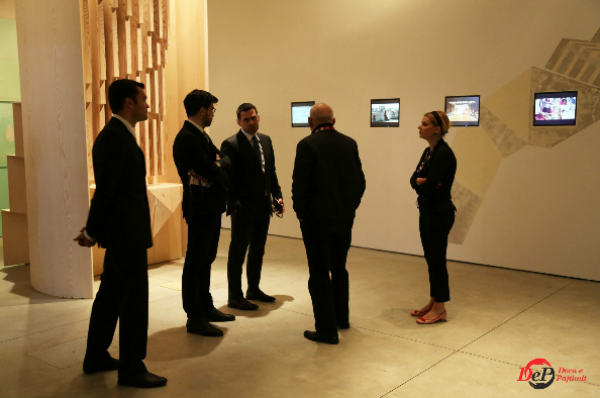
Expo Milano 2015 examines human history through the lens of two aspects of food production: traditional cultural values and the use of new technologies. These two aspects do not stand apart, but are very much interconnected. Besides being an opportunity for industry players to meet, the Universal Exposition is part of a cultural journey that aims to highlight the changes that the entire population of the planet is currently facing.
Focusing on humankind that, through life and work, has transformed the natural environment, Expo Milano 2015 aims to highlight the life-giving energy that food, the symbol of hospitality, community and celebration, brings to each and every one of us. People and their history are central themes of this Expo. In particular, the Milan event is the result of a long transformation that characterizes human history and the food industry, both important themes for previous Universal Expos. The human story is told through historical, economic and political aspects such as industrial growth, the emergence of new economic powers, and events such as world wars, all having influenced each and every Expo.
From the very first Expo in London in 1851, it is possible to see the legacy each edition has left behind – not just the physical landmarks, but also the changes in people’s relationship with the land and with the food it provides. This has been the inspiration for Expo Milano 2015, Feeding the Planet, Energy for Life, which will explore the importance of nutrition for all of us and the central role that humans play.
Albania has embraced the tradition of Expo many years ago. The onset of Albania’s participation in such universal exhibitions dates back in 1937 in Paris. The participation of Albania was later documented in Lisbon Expo 1998, Hanover Expo 2000 and Expo 2010 Shanghai.